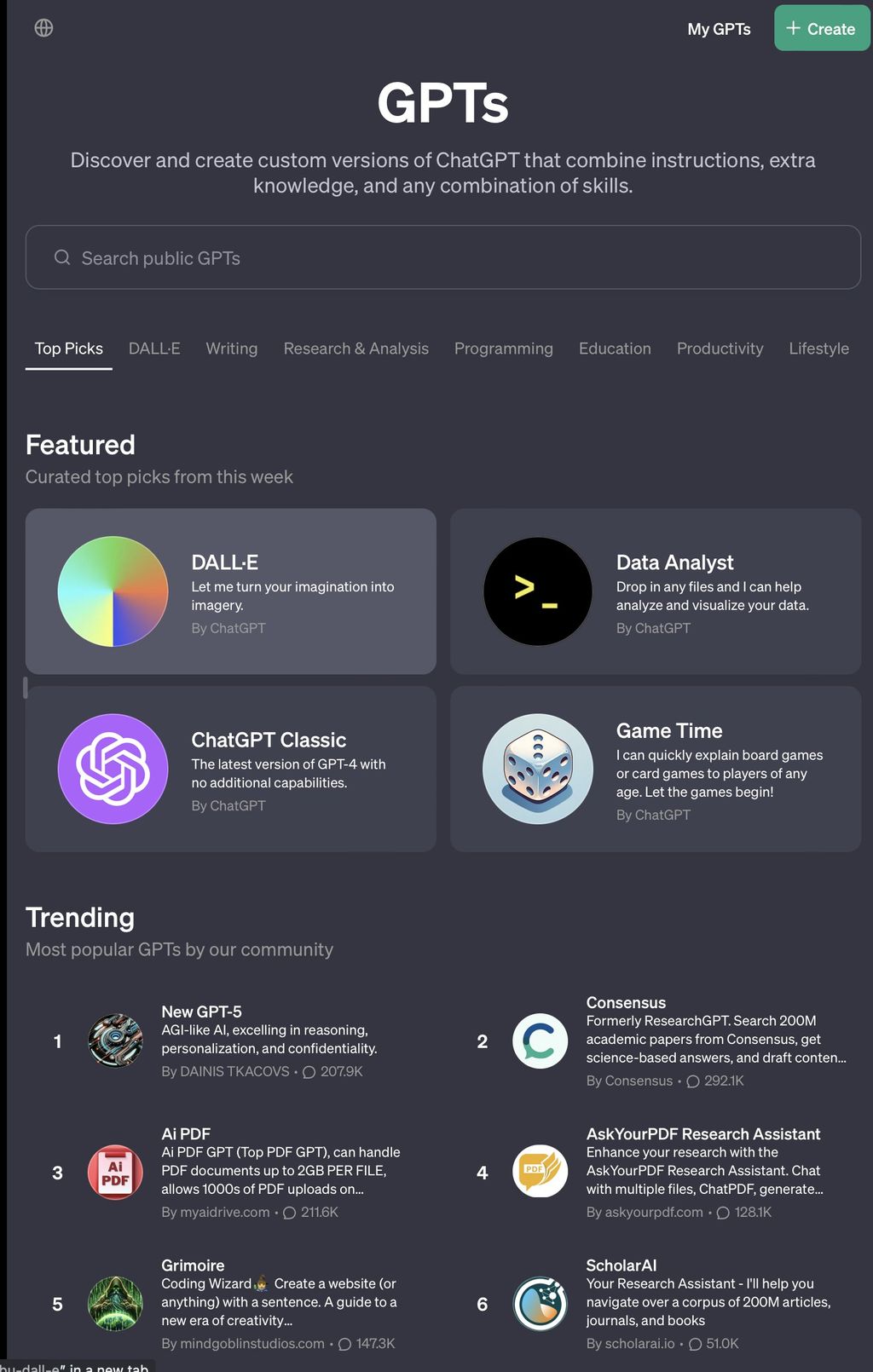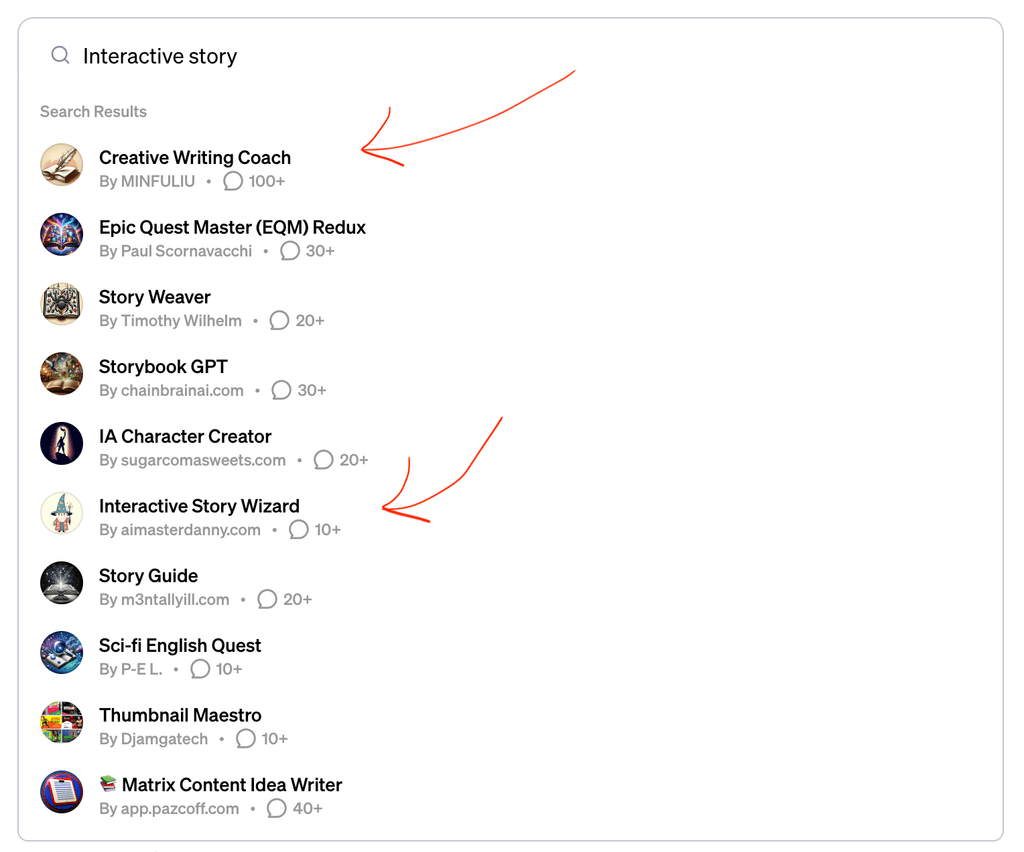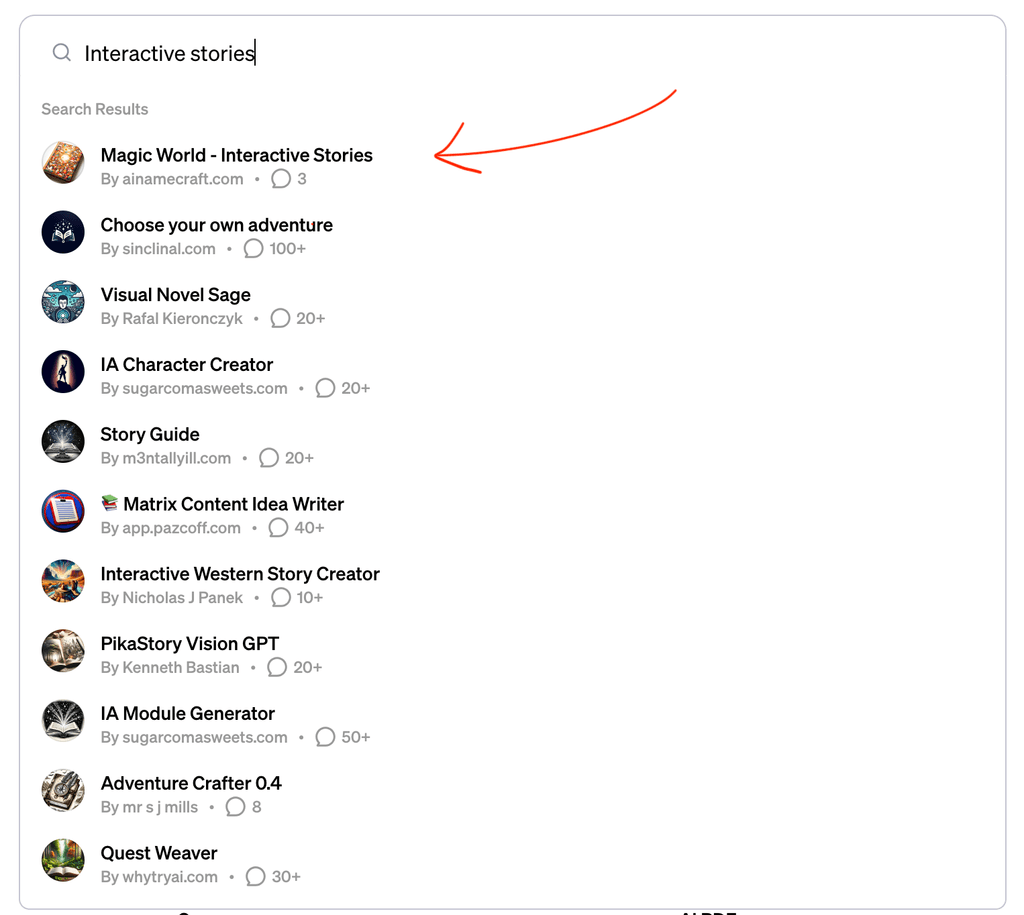
Content manager at Marketing Lemur
GPT Store Optimization - First Review
The moment everyone has been eagerly waiting for has arrived, and OpenAI has opened the GPT Store. According to OpenAI's announcements, more than 3 million custom GPTs have been developed so far. The big question on everyone's mind is this: How does OpenAI do the ranking? How fair is the ranking process?
What Happened Before the Store Opened?
Hours before the store opened, an image was leaked. While there was debate over whether this image truly represented the GPT store, the store opened, and it was understood that the image was real and had been leaked.

If the image is considered to be real:
- Open AI had marked several Custom GPTs as Featured in multiple categories even before the store opened. I think there's some unfairness here. After the store opened, Featured GPTs should have been determined based on user behavior.
- In the image, there's a bubble showing how many times the GPTs were used. It's noticeable that the Featured GPTs have high usage numbers. It is easy to understand that usage number effects taking place in Featured.
- Open AI seems to have given certain individuals or organizations a head start. The only metric they seem to focus on is the number of uses.
How Might the Search Ranking Be Determined?
Of course, it's quite hard to speculate on this matter right now, but there are a few clear situations.


- Exact match search queries. Let's look at the queries "Interactive Story" and "Interactive Stories". I'm searching for the Magic World-Interactive Stories GPT. However, despite being very close to "Interactive Story" in name, it's not listed.
- From this, we can understand that it's possible to climb to the top with the right keywords, but you need to select the exact right keyword. Similar words will not yield the same result.
- There might be another metric that can override exact matches, like usage numbers. As seen in the "Interactive Story" search, the "Interactive Story Wizard" app is more relevant, yet "Creative Writing Coach" appears first.
How do I optimize my GPT for the store?
First of all, there's not much we know for now. We can think of this in two sections.
Known facts: The number of users seems to be a significant factor. Therefore, you should encourage people to use your GPT as much as possible. Sharing it on platforms like Producthunt and Indiehackers or finding Reddit channels related to your GPT and discussing it could be beneficial.
Currently, it works on the logic of exact matching for search results. It seems important to predict and create things that users will search for your app name.
Expected scenarios: We expect GPT descriptions to help with search queries, but we don't have evidence for it at the moment.
In the coming days, I believe another factor that will affect ranking results is "Conversation starters." Remember the old days when we used only keywords for Google searches? Now, we directly ask Google questions. I think people will start typing their questions in the search field in the future.
For example, instead of using keywords like "Body Building app," they will start using questions like "How to build abs in 1 week?" So, it's essential to choose the right "Conversation Starters."
Profile picture; I think I don't need to say this, but it should be eye-catching and simple. Take a look at Featured GPTs; almost none of them are created by DALL-E. All logos are unique and attention-grabbing.
Conclusion
We don't have much information yet on how the search ranking is determined. Maybe there's a simpler sorting algorithm than we think, who knows. It's not very clear how backlinks, frequency of use, user diversity, and the Description field affect the ranking. But what we do know is this; Number of uses and exact matches can move you up in the rankings.
What Can Be Done Righy Now
If you've developed a GPT and want to climb higher in the rankings, you can try these:
- Don't just wait for your GPT to be found and used in the Store. Among 3 million GPTs, yours might get lost. Try promoting it on other platforms to get users. As the number of users and uses increases, your GPT will also rise in the rankings.
- For now, you can target Exact Matches. If you can predict how your users will search, name your GPT accordingly.
- You can do competitor analysis. Identify your competitors, analyze their standing with your target keywords, and optimize your Application name or Description field accordingly.